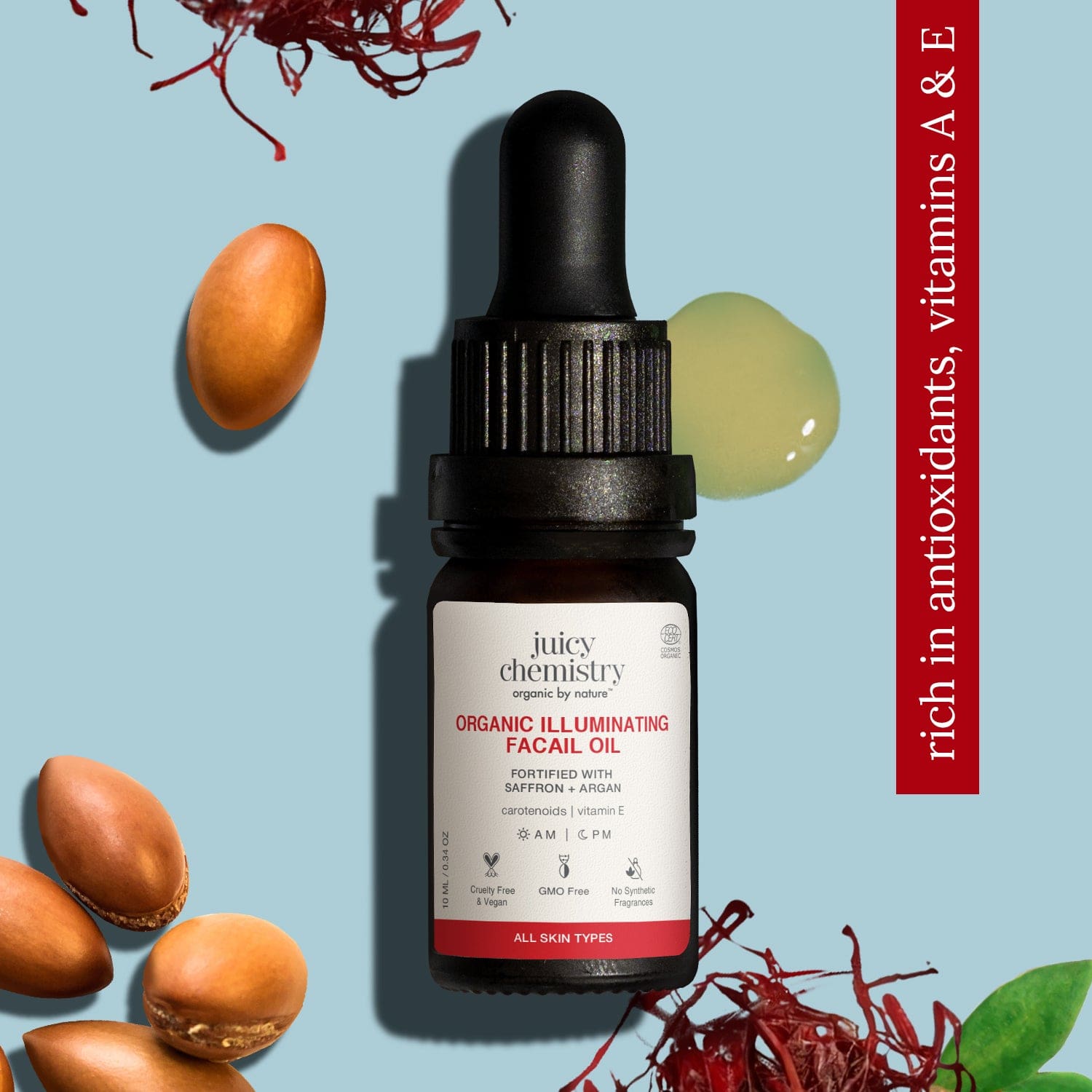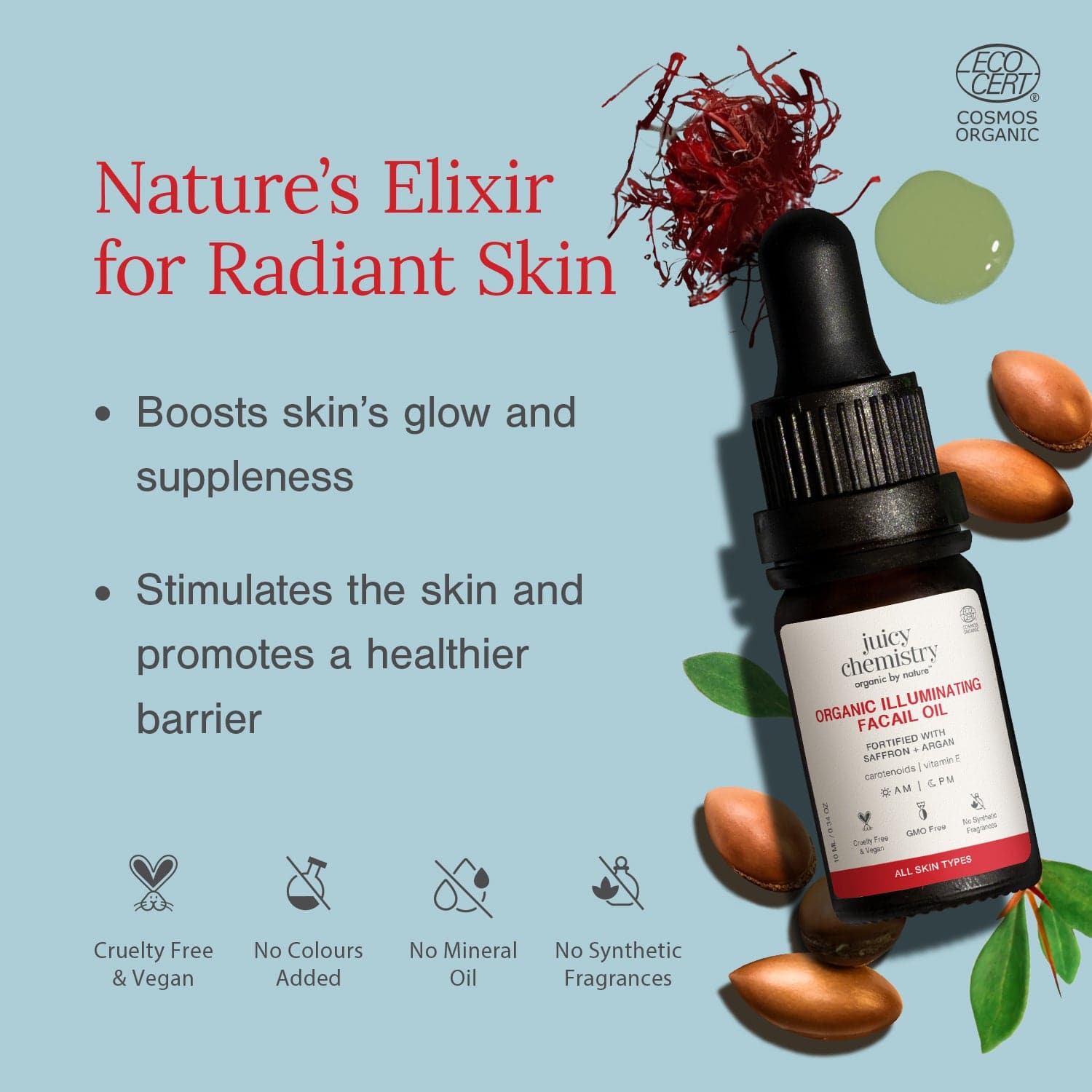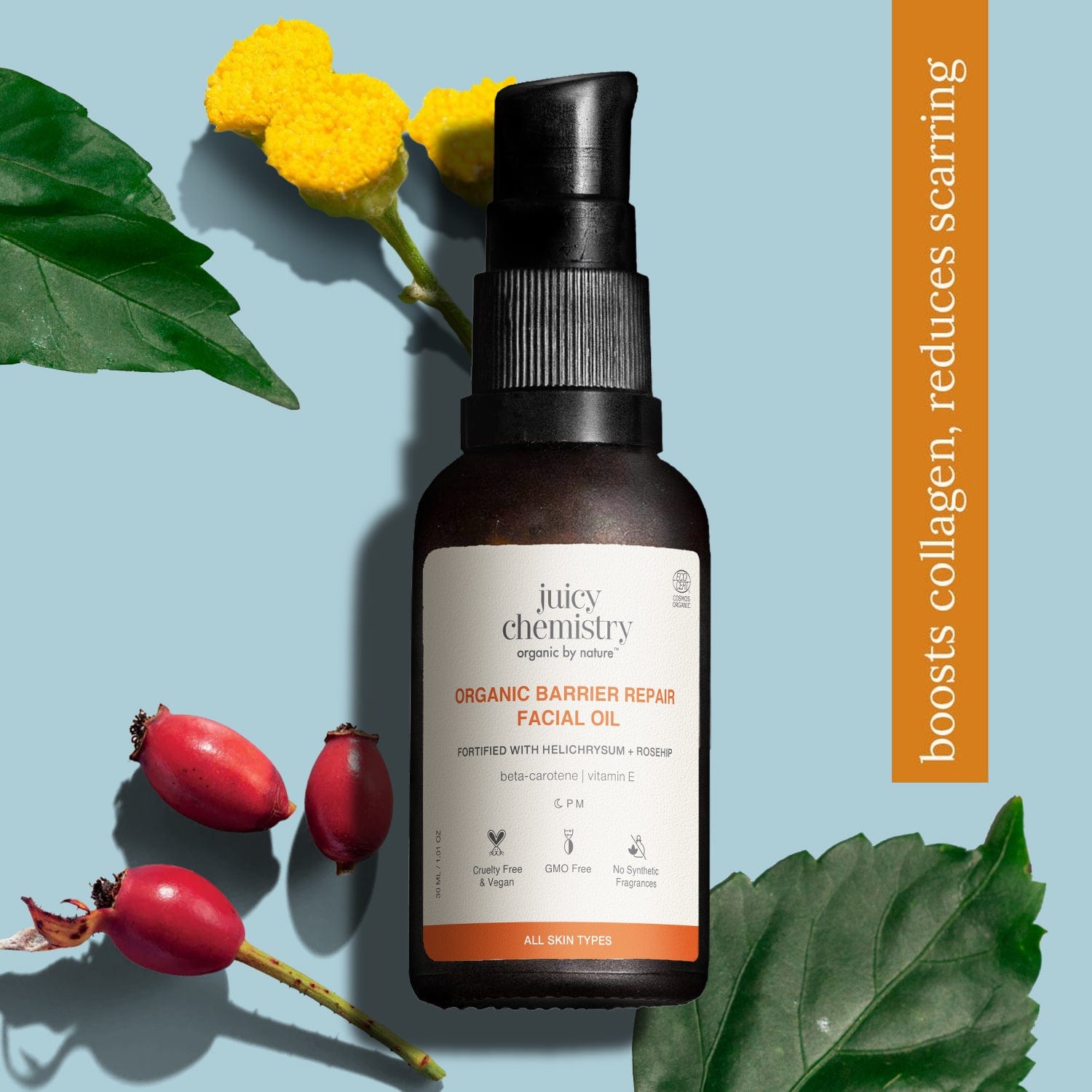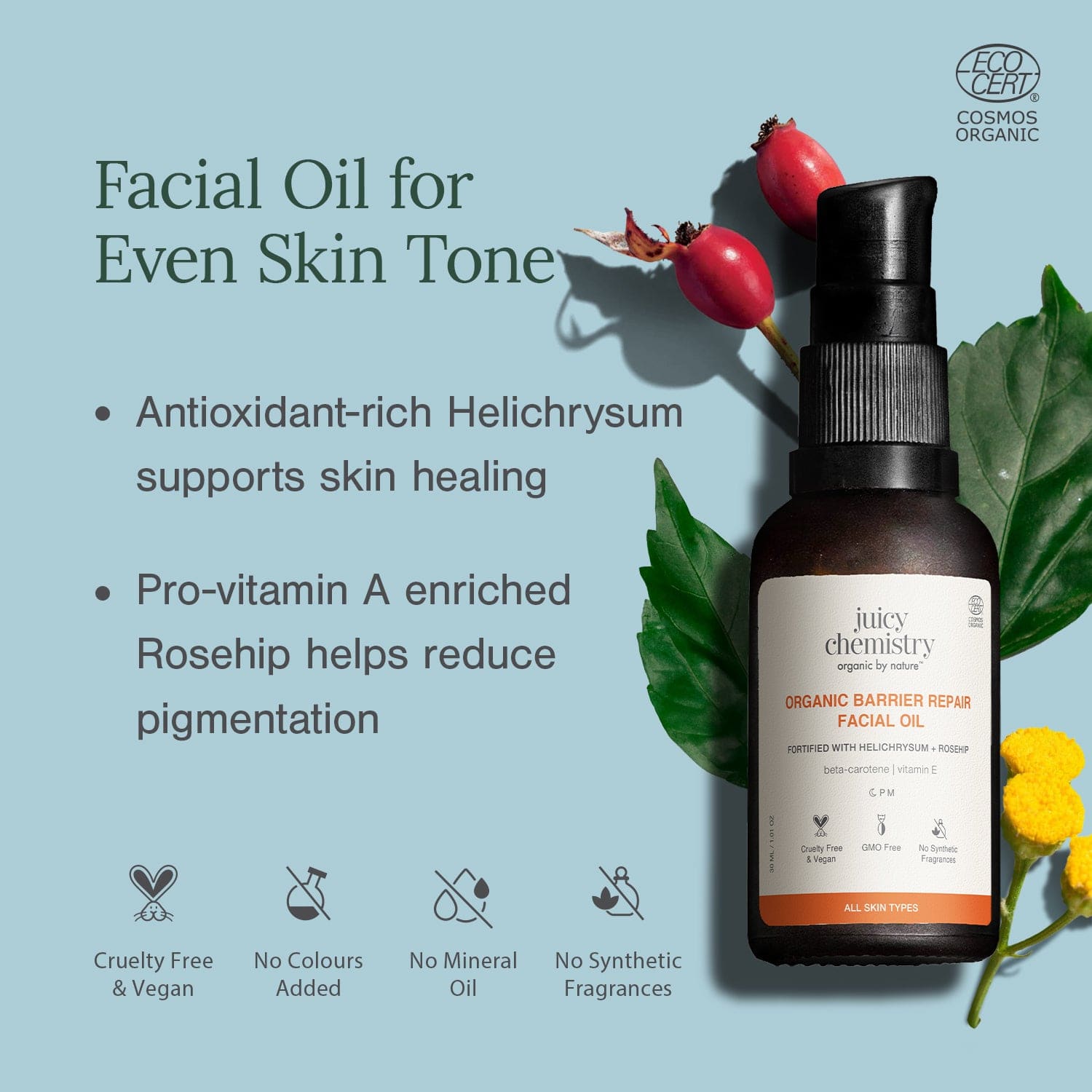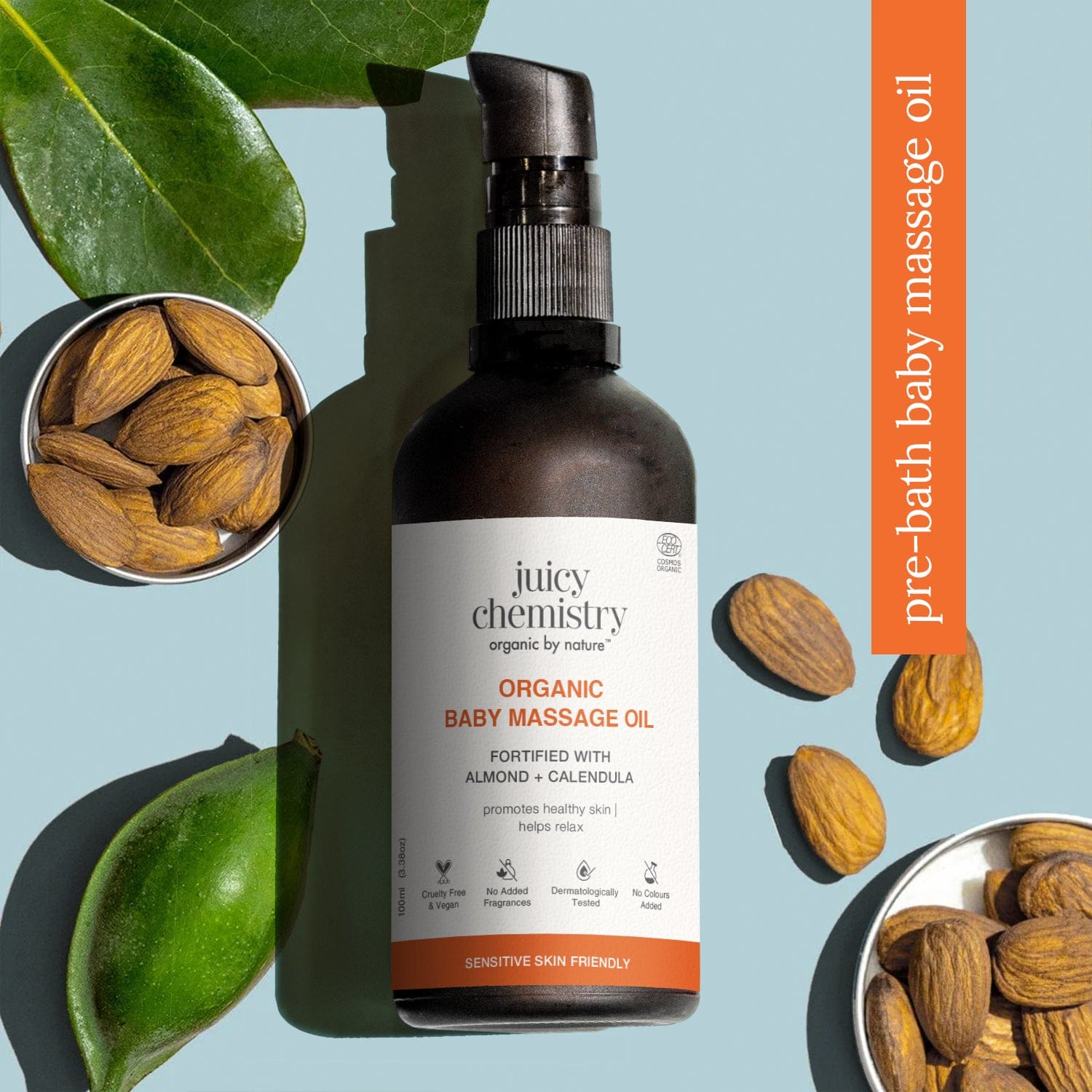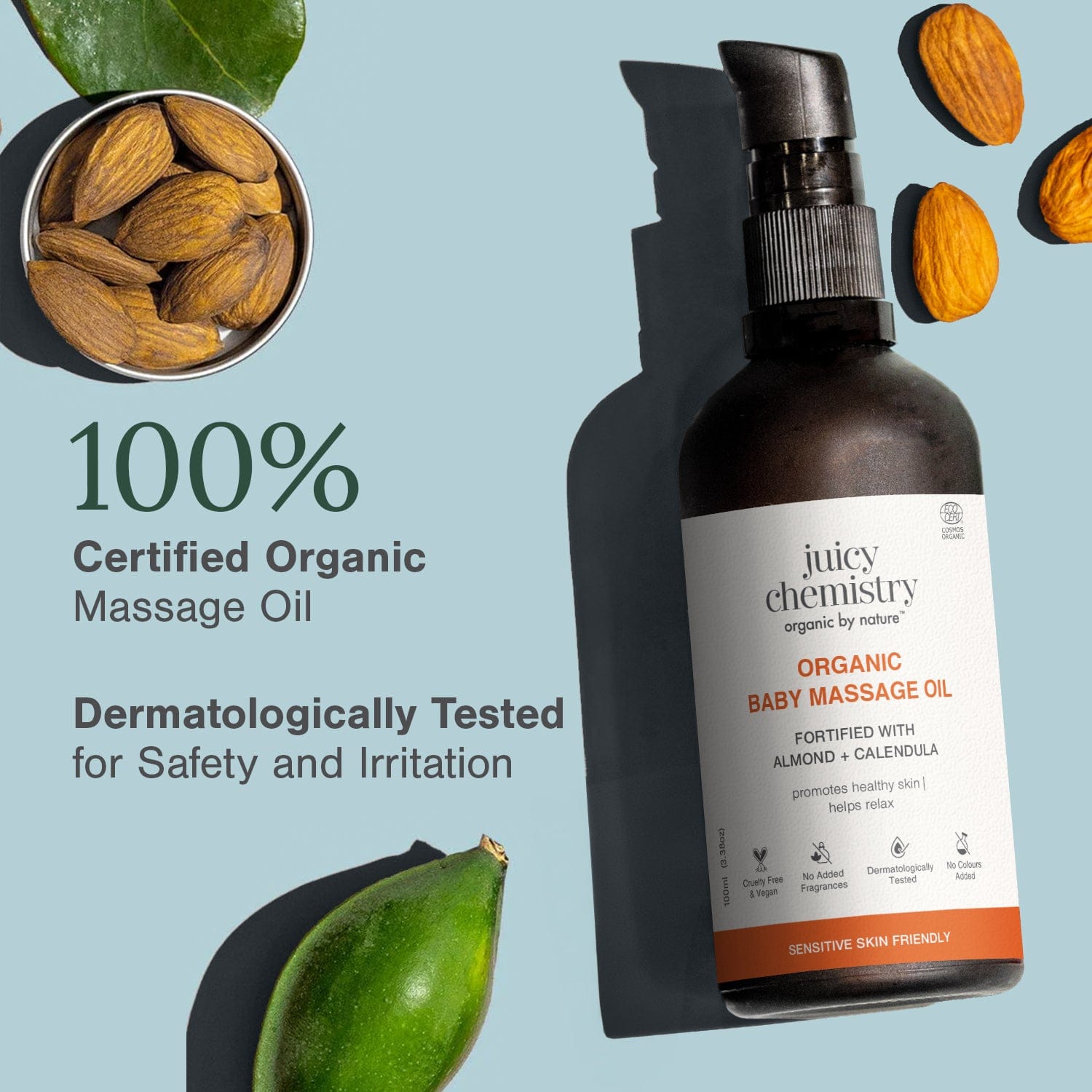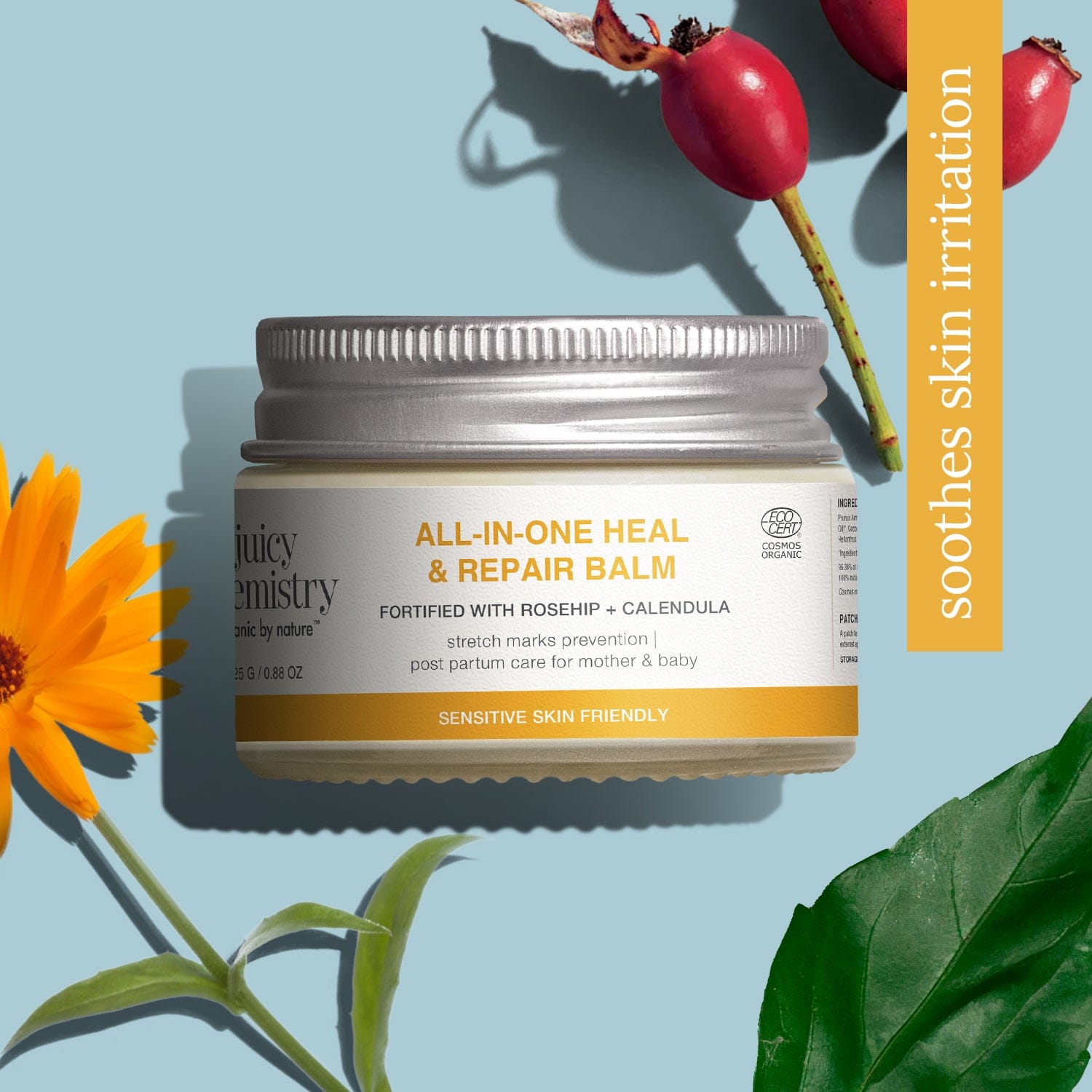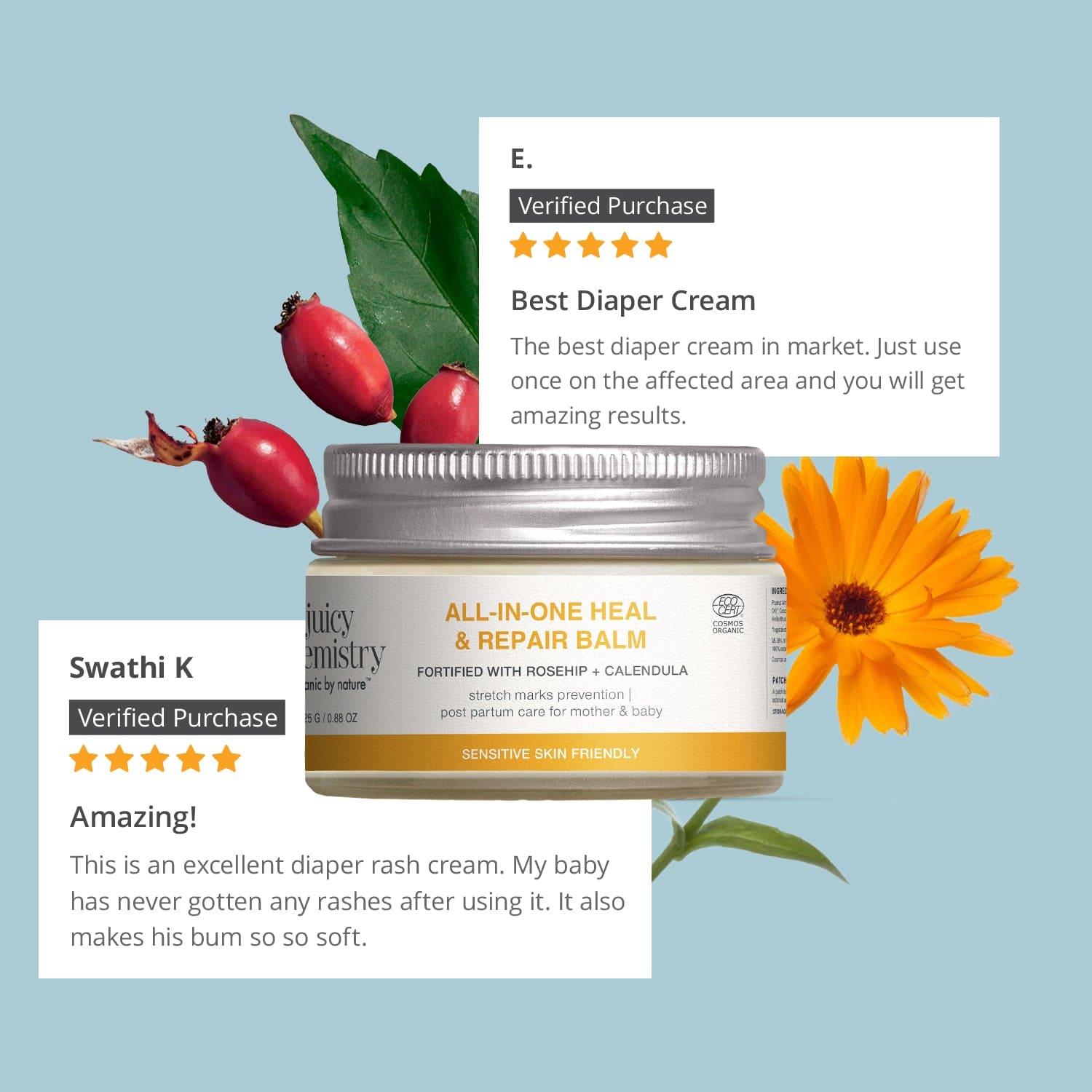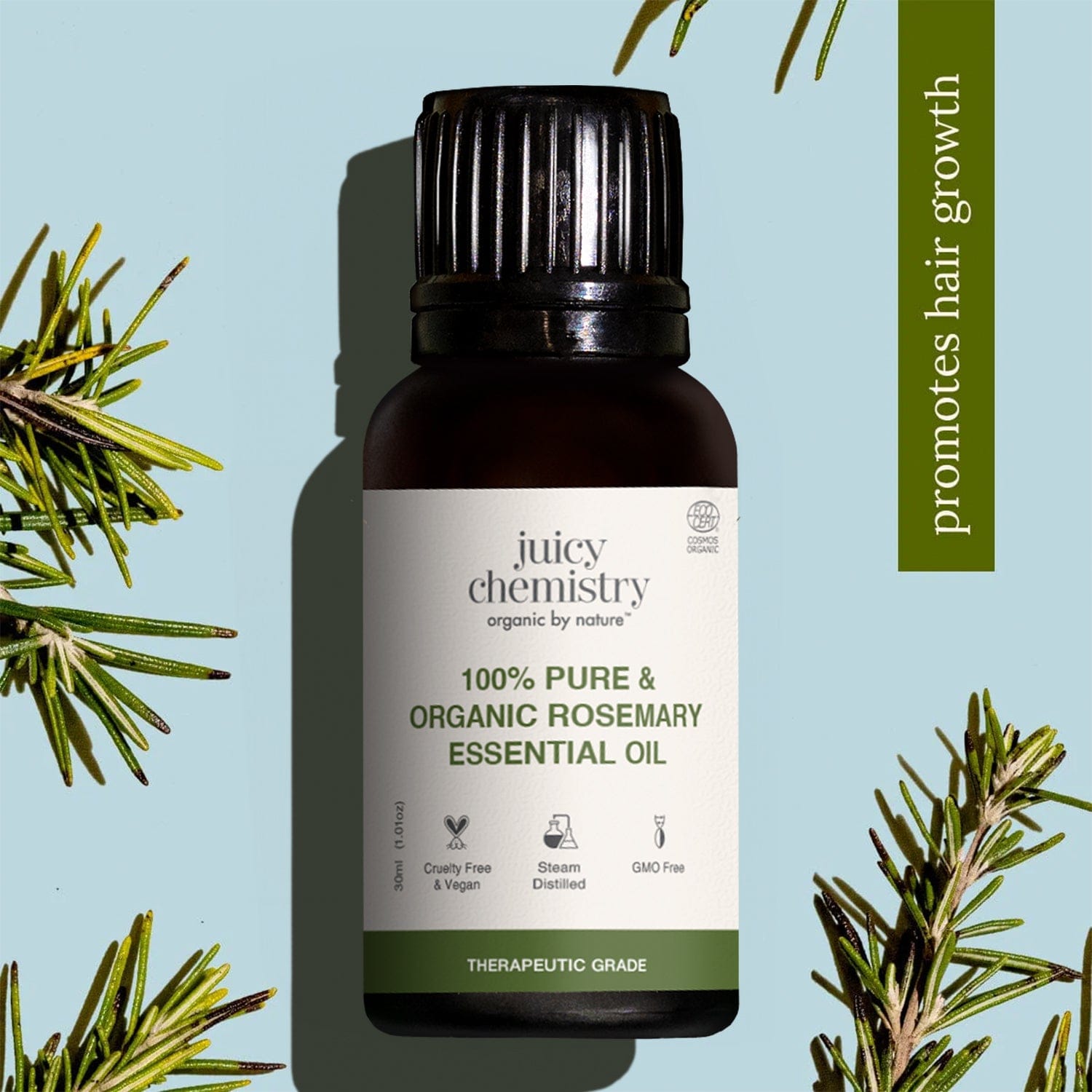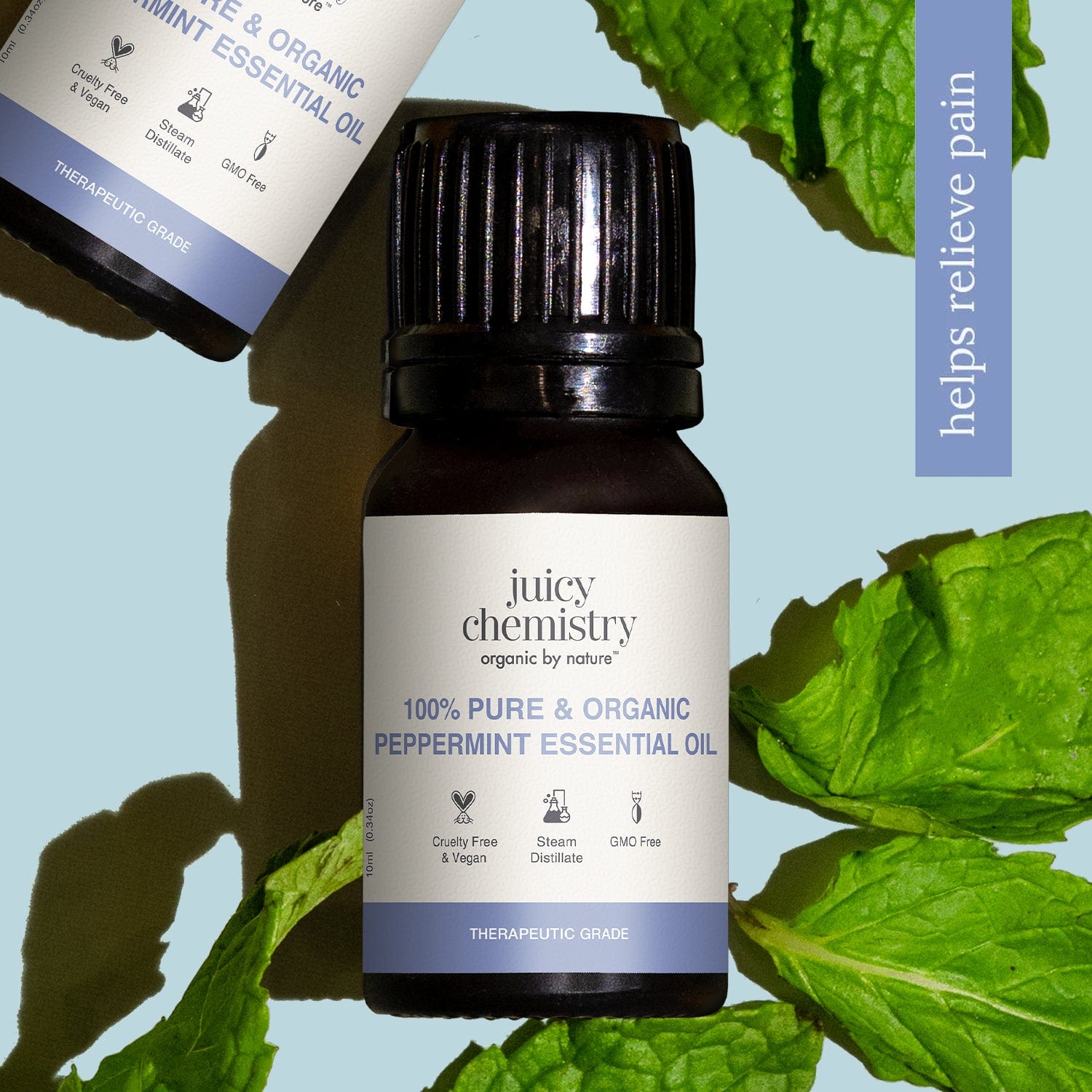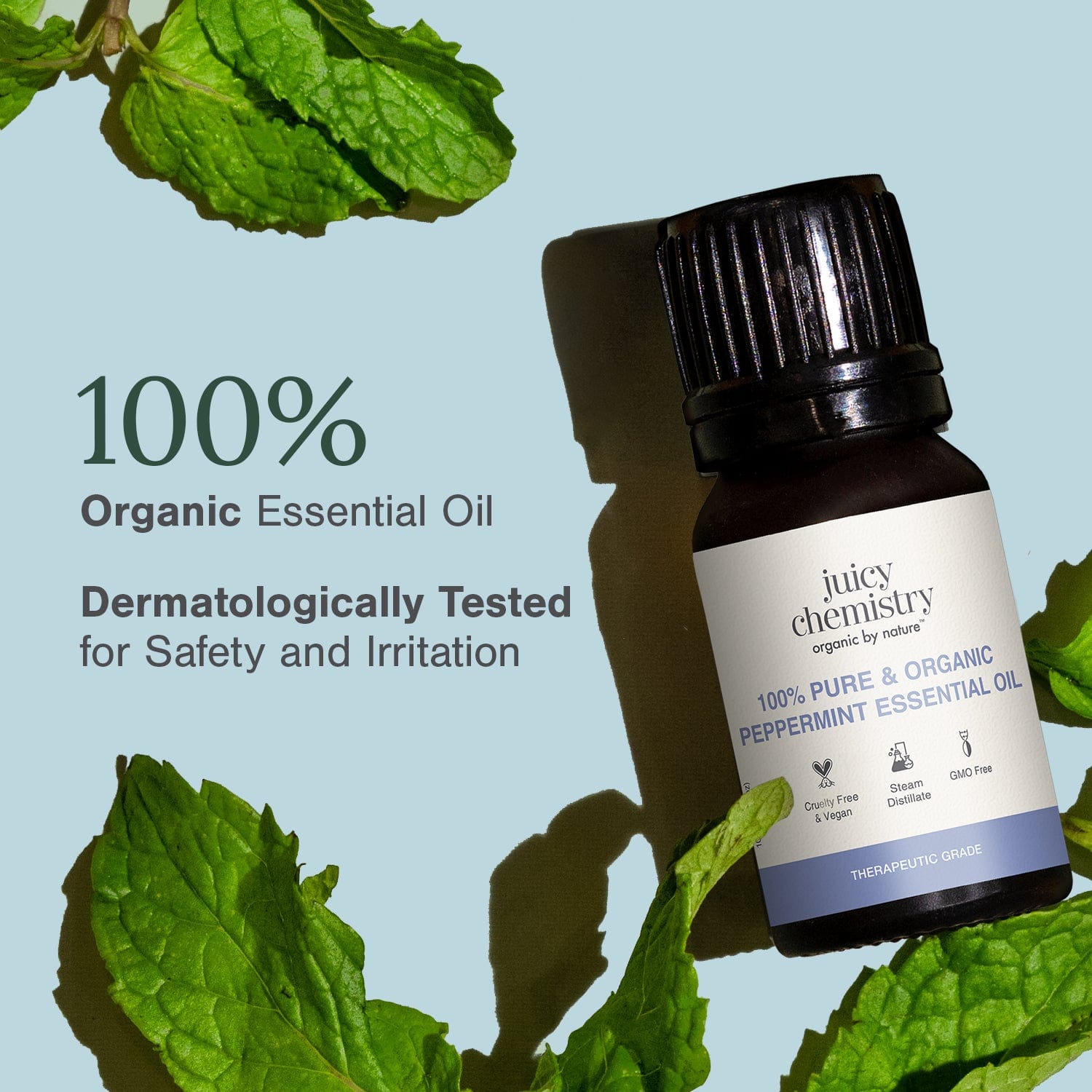How to repair damaged skin? Tips and Natural Remedies
October 18, 2021How To Restore Damaged Skin? Suggestions and Natural Solutions
As the outermost organ, our skin possesses its own defense mechanisms to protect itself. The top layer of our skin, referred to as the stratum corneum, is composed of various lipids that are crucial for maintaining skin health. This layer, known as the skin barrier, safeguards our skin and body from numerous external threats, including pathogens, chemicals, toxins, and allergens. Additionally, it aids in moisture retention, preventing the skin from becoming dehydrated.
However, our skin frequently suffers damage due to a variety of internal and external factors. The condition of our skin is influenced not only by our diet but also by our lifestyle choices and skincare routines. Daily exposure to sunlight, wind, dirt, pollutants, and irritants can adversely affect its health. Therefore, it is vital to care for our skin to prevent it from becoming damaged.
Various Forms of Skin Damage
- Sunburn: Prolonged exposure to sunlight can harm the outer layer of the skin due to UV rays. This leads to an inflammatory response in the body, resulting in redness, burning sensations, and even blisters.
- Compromised Barrier: A damaged skin barrier can lead to dry, itchy, and flaky skin, as well as acne, frequent infections, and heightened sensitivity to environmental changes and skincare products.
- Premature Aging: The appearance of fine lines, wrinkles, dark spots, and a loss of skin elasticity in your 20s or early 30s indicates an acceleration of the skin's natural aging process.
What Contributes to Skin Damage?
- Sun Exposure: While some sun exposure is beneficial for Vitamin D production, extended periods under UV radiation can reduce collagen levels and increase pigmentation, resulting in dark spots, suntans, wrinkles, and sagging skin.
- Pollutants: In addition to sunlight, exposure to various airborne pollutants and cigarette smoke can lead to free radical damage, causing premature aging of the skin.
- Irritants: Certain ingredients found in skincare products, such as alcohol, sulfates, and fragrances, can irritate specific skin types. These irritants can damage the skin barrier by stripping away moisture and natural oils, disrupting the skin's pH balance.
-
-
Inadequate Skincare Regimen: If you are not utilizing products tailored to your specific skin type or applying them incorrectly, your skin may become vulnerable to harm. For instance, excessive use of chemical exfoliants can compromise the skin barrier.
-
Nutrition: Drinking alcohol and consuming high amounts of caffeine can lead to dehydration of your skin, which may heighten inflammation. Additionally, indulging in too much sugar can degrade collagen in the skin, resulting in a more aged appearance.
What Are the Indicators of Damaged Skin?
-
Dehydration: Although our skin naturally loses some moisture through transepidermal water loss, damaged skin experiences a significantly greater loss, leading to dehydration. This results in a lack of plumpness and radiance, making your skin more prone to irritation.
-
Inflammation: When the skin barrier is compromised, your body reacts by triggering redness, itching, and swelling—a response known as inflammation.
-
Fine Lines: Our skin is composed of collagen and elastin, which help maintain its firmness and elasticity. However, when collagen deteriorates, it can lead to the emergence of fine lines and wrinkles.
-
Hyperpigmentation: The skin contains a pigment called melanin, which provides its distinctive color and offers protection against cellular damage. An increase in melanin production can result in tanned skin and dark spots, indicating skin damage.
-
Acne: Acne is an inflammatory skin condition that harms healthy skin and disrupts collagen production, leading to redness and scarring.
Methods to Heal Skin Damage
-
Apply Sunscreen: While minimizing sun exposure is ideal, using a broad-spectrum sunscreen daily can shield your skin from damage caused by UVA and UVB rays and help prevent sunburn.
-
Gentle Cleansing: Daily cleansing is crucial for protecting your skin from pollutants and dirt that can cause harm. Opt for a mild cleanser that effectively cleans without stripping away essential moisture.
-
Moisturize Your Skin: It is vital to restore moisture to your skin after cleansing to prevent dryness and irritation. Use a natural toner to hydrate your skin and seal in moisture with cold-pressed oil.
-
Select Natural Products: If your skin is compromised, steer clear of common irritants such as fragrances, alcohol, and dyes. Instead, choose natural soothing ingredients that can help calm your skin. Natural extracts and plant oils are excellent options, as they are rich in essential fatty acids, antioxidants, and vitamins that aid in soothing, protecting, and repairing damaged skin.
-
-
- Enhance Your Dietary Choices: To boost your skin's health, it is crucial to nourish it from the inside out. Therefore, ensure you drink ample fluids to keep your skin well-hydrated and steer clear of alcohol and processed foods.
Natural Solutions for Skin Damage
-
Aloe Vera:
This adaptable plant is arguably one of the finest natural treatments for damaged skin. Fresh aloe vera gel serves not only as an excellent moisturizer but also aids in soothing and calming inflamed skin. Additionally, it promotes collagen production, which can help slow down the aging process. -
Green Tea:
Green tea is abundant in catechins and polyphenols that shield you from free radical harm. It can also be utilized as a toner to alleviate sunburn and benefit acne-prone skin. -
Oatmeal:
Oatmeal is an outstanding cleanser for individuals with dry and damaged skin. Its anti-inflammatory properties help alleviate redness and irritation while reinforcing the skin barrier. -
Ubtan:
A well-known home remedy crafted from gram flour and turmeric, ubtans can gently cleanse your skin while diminishing suntans, dark spots, and enhancing skin texture. -
Olive Oil:
Cold-pressed, extra virgin olive oil is rich in vitamin E and fatty acids, making it an excellent moisturizer for dry and damaged skin. It also aids in protecting the skin from free radical damage. -
Rosewater:
This fragrant hydrosol derived from rose petals serves as a wonderful toner for the skin. It helps to balance skin pH, hydrates the skin, and alleviates redness.
Products from Juicy Chemistry for Addressing Skin Damage
- Saffron, Marula & Ylang Ylang Organic Face Wash: This hydrating and nourishing cleanser effectively cleanses without stripping moisture, while also combating free radical damage.
- Aloe Vera Water Toner: A calming toner designed for sun-damaged and sensitive skin, it enhances hydration and alleviates redness.
- Kakadu Plum & Pomegranate Facial Oil: A lightweight oil rich in Vitamin C and packed with antioxidants, it shields the skin from free radical damage.
- Saffron, Rose & Australian Sandalwood Face Scrub: This gentle exfoliating scrub unclogs pores, evens out skin tone, brightens the complexion, and enhances skin texture.
- Kakadu Plum, Matcha & Blood Orange Face Mask: A nutrient-rich face mask loaded with vitamins and antioxidants that boosts skin hydration, diminishes pigmentation, and mitigates sun damage.
- Cold Pressed Jojoba Carrier Oil: A rapidly absorbing cold-pressed oil with anti-inflammatory benefits that soothes damaged skin and enhances moisture levels.
- Regenerating Serum: This natural face serum, abundant in antioxidants, targets free radicals and neutralizes them to safeguard the skin from harm.
-
Vitamin C Brightening Serum: This face serum, abundant in vitamin C and derived from Kakadu plum extract, enhances collagen production, diminishes hyperpigmentation, and shields the skin from free radicals.
All JC products hold organic certification from Ecocert France in accordance with COSMOS V3 guidelines.
Key Points
The most effective method to prevent skin damage and facilitate recovery is to treat it with utmost gentleness. Maintain consistency in your skincare routines and opt for natural products that nourish and safeguard your skin.
Apply sunscreen daily to shield your skin from harmful UV rays, and select products rich in antioxidants to combat sun-related damage. Keep in mind that when it comes to preserving healthy skin, simplicity is often the best approach.
Common Questions
-
How can I determine if a product is suitable for my skin?
Carefully examine the product labels and investigate the ingredients. If you are trying a product for the first time, perform a patch test on your forearm and wait 24 hours to check for any allergic reactions or sensitivities.
-
Is moisturizing necessary if I have oily skin?
Absolutely, oily skin still requires hydration and moisturizing to prevent damage.
-
How frequently should I wash my face each day?
Washing your face twice daily is sufficient. Exceeding this may strip away the natural lipids present in your skin.

